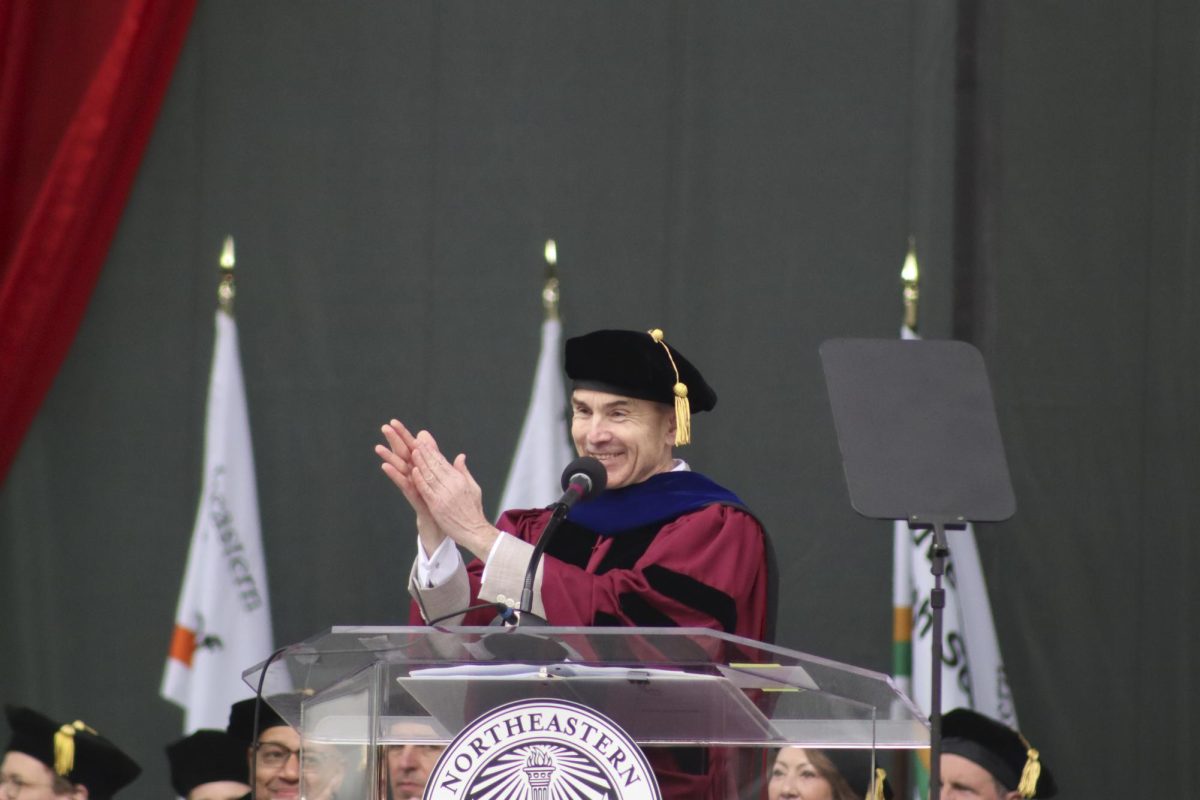by Katie Robidoux, News Correspondent
Northeastern has received $25 million in grants since the start of this academic school year. More than half of this money, close to $16 million, went to the Health Sciences department for research projects about nanomedicine and cancer treatments.
The National Institutes of Health’s National Cancer Institute (NCI) granted Northeastern $13.5 million to develop a Center for Translational Cancer Nanomedicine. The grant is led by Vladimir Torchilin, distinguished Northeastern professor of pharmaceutical sciences in the Bouvé College of Health Sciences.
The grant named Northeastern a Center of Cancer Nanotechnology Excellence. The new center will work to improve technologies used in nanomedicine and also to develop new drugs that identify and eliminate cancer cells.
“We plan to demonstrate that some nanomedicines, which different members of the team are developing, can be reproduced on an industrial scale and be converted into a UVACC [a drug that can be used in cancer treatment and research],” Torchilin said.
Torchilin said the collaborations he’s created over the years as a professor and component in the nanomedicine world of cancer research helped him create a team of people to help develop his research project.
There will be at least 30 to 40 people involved in the project, and collaborations with the Beth Israel Deaconess Medical Center, a training hospital for Harvard Medical School, and Auburn University of Auburn, Ala. It also includes many faculty members from Northeastern.
“Since quite a few people from the university are involved in this project it certainly will assist in solidifying connections between different faculty,” he said. “It’s useful for the university.”
Another health science-related grant of $550,000 was given to Carolyn Lee-Parsons, an associate professor of chemical engineering, and Erin Cram, an assistant professor of biology. Their research will explore the Madagascar periwinkle plant and its connection to the development of cancer-fighting drugs.
The Madagascar periwinkle plant produces anti-cancer chemical compounds. Cram and Lee-Parsons hope to develop a way to speed up the production of these alkaloids in their research project.
Other major university grants include $8 million to the Northeastern University Center for Renewable Energy Technology to develop fuel for cell electric vehicles and $1.3 million granted to the Antimicrobial Discovery Center to examine microorganisms in the human intestine.








